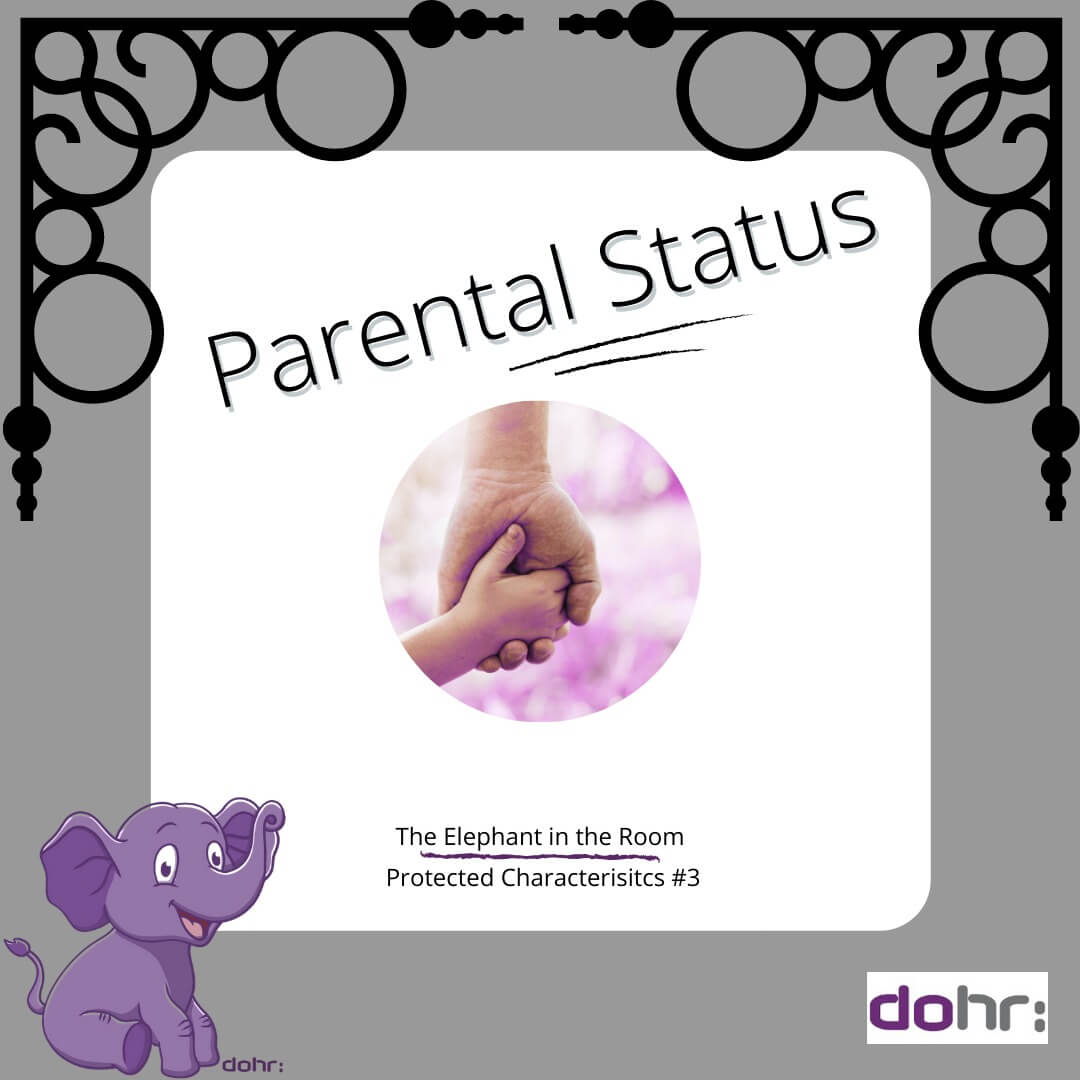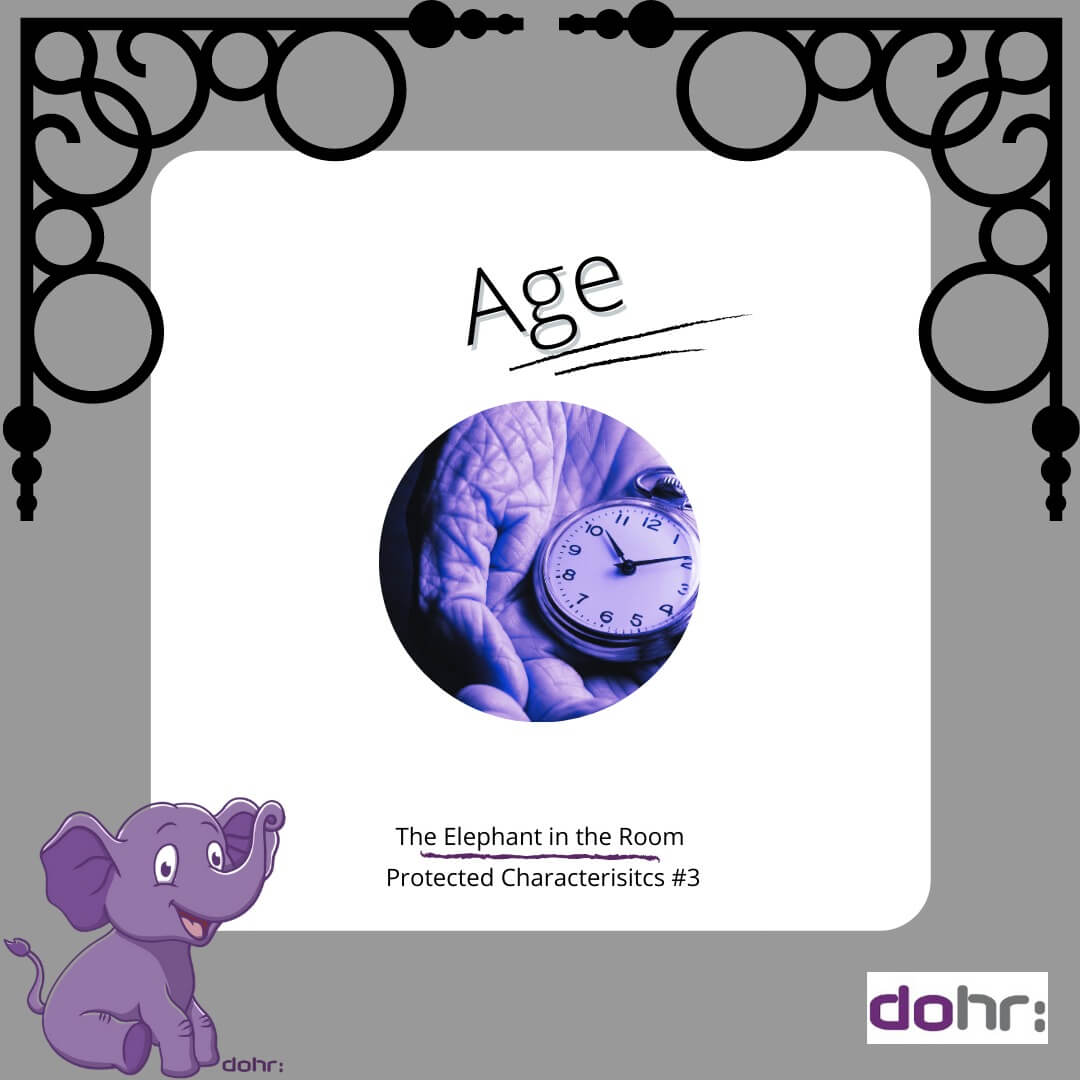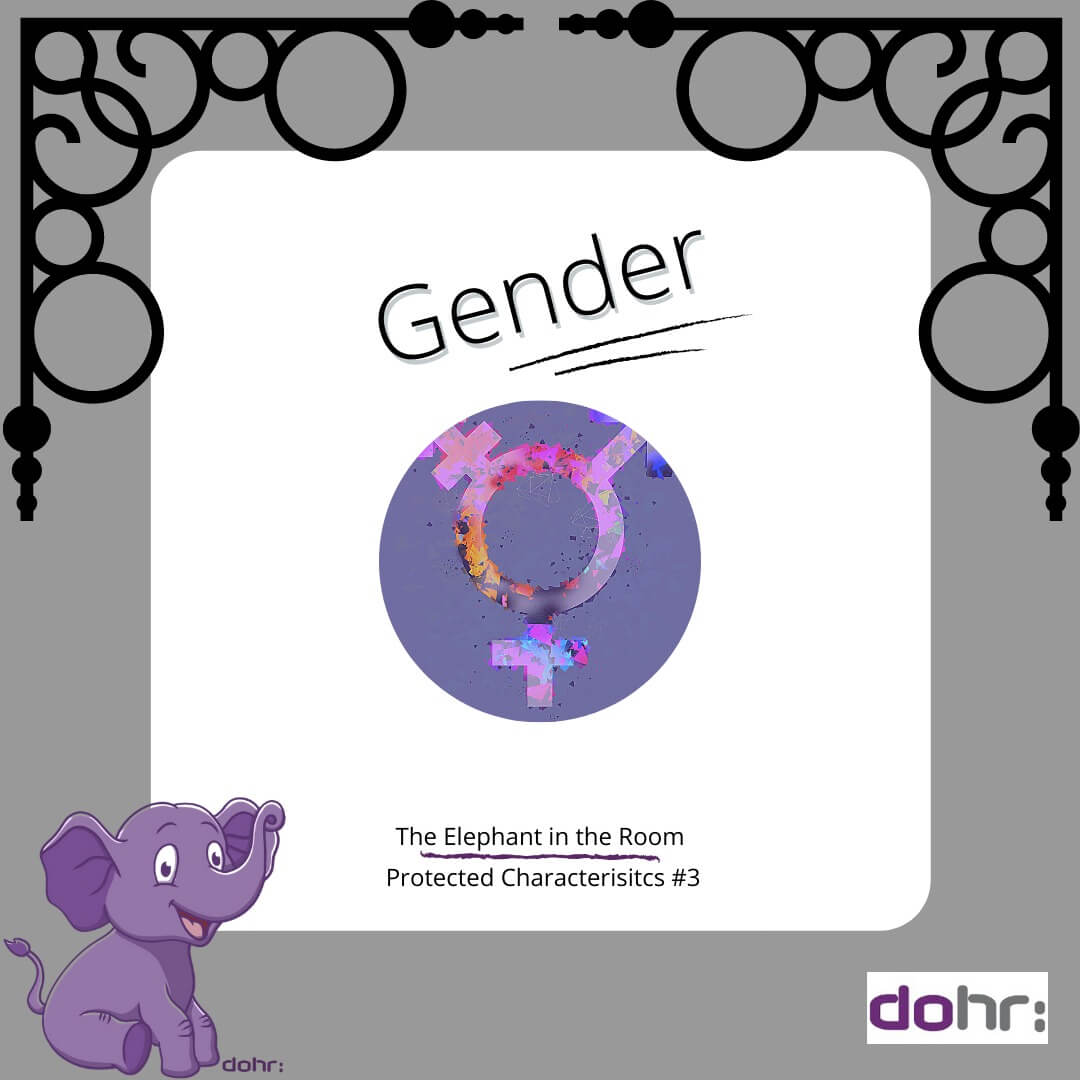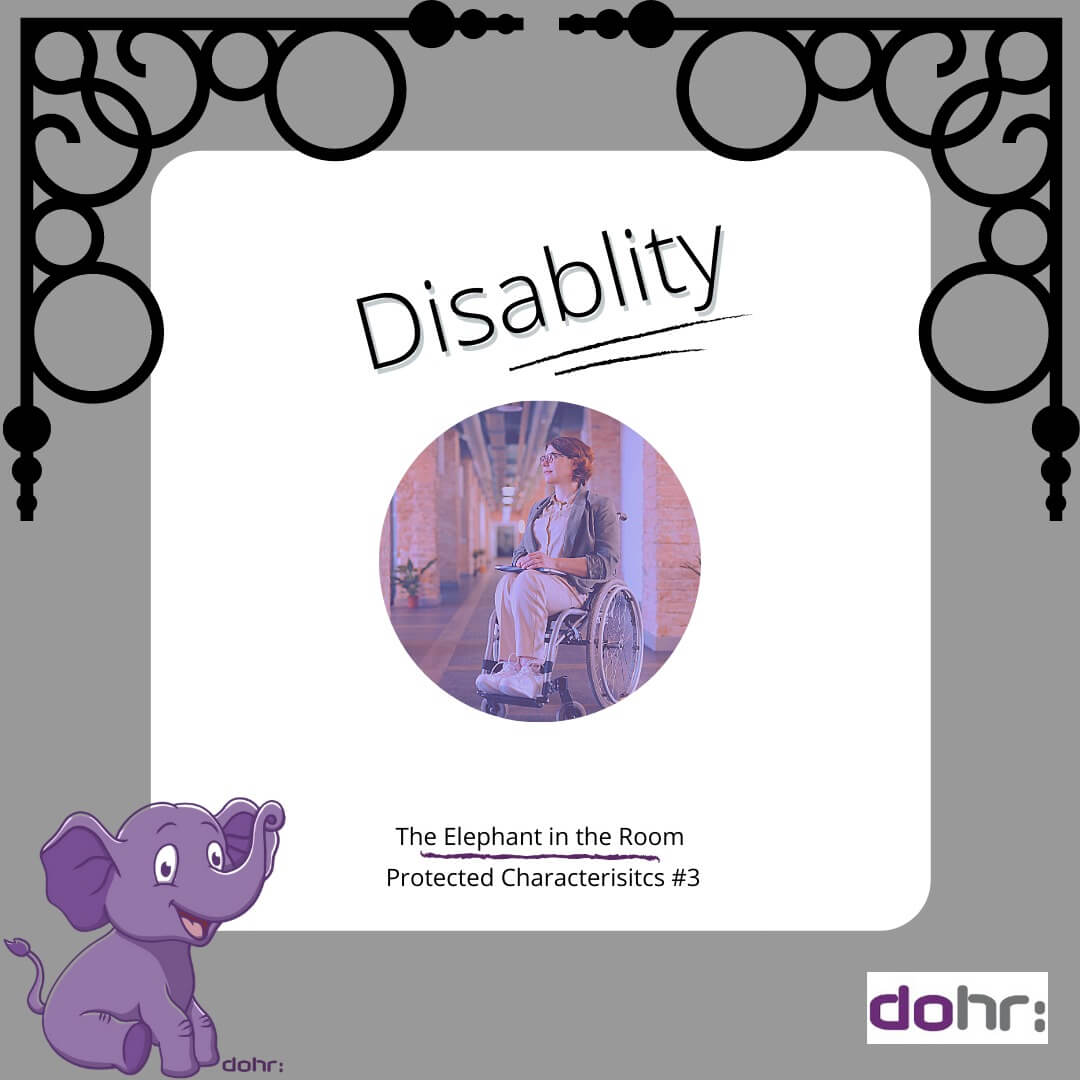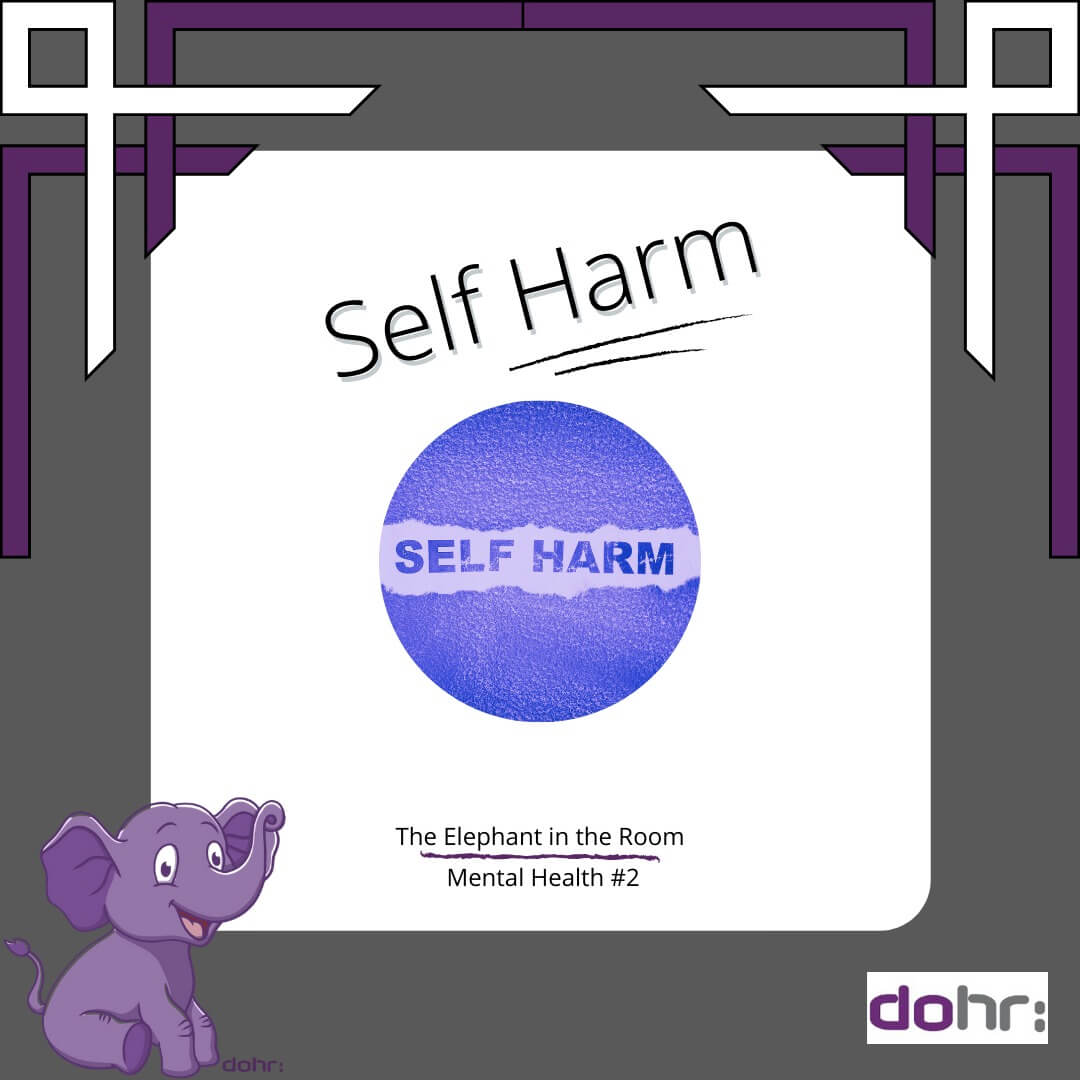-
Managing Menopause in the Workplace

In the UK, 75-80% of menopausal women work; understanding and supporting symptoms, both visible and invisible, is crucial for managers and employers. Facts The average age for women to reach menopause in the UK is 51, although the expected age range is between 45 and 55. Currently, around 75-80% of women of menopause age…
-
44 Days to Christmas

Is your business ready for year end? Assuming there are no more shutdowns, Christmas is coming! The question is are you ready? Here are a few tips which you need to consider now to ensure that all your staff have a good Christmas regardless of your sector. 1. Inclusion If you have a diverse workforce,…
-
Flexible working in the future???
Below are three links you need! Our panel discussion on Flexible Working which took place in July 2021. A link to the Government proposals A link to the consultation document Do not be upset withthe legislation you get if you don’t take the opportunity to have your say now! The closing date for consultation is…
-
Age Discrimination in Recruitment

Last week I had the pleasure of discussing recruitment, age discrimination and Artificial Intelligence with Roberto Perrone at BBC Three Counties Radio. You can listen to the interview here, but below are my thoughts. The interview was triggered by the experiences of Karen Beecham, a 58 year old buyer who was made redundancy from M&S…
-
The Elephant in the Room: Protected Characteristics – Parental Status

Being a working parent is hard! For me, it was actually harder when my kids were at primary school, than when they were at nursery. At nursery, there was cover from 7am – 7pm if I needed it. At primary school there appeared to be a natural assumption that you could drop off at 8:50,…
-
The Elephant in the Room: Protected Characteristics – Age

While it is not unlawful for a potential or current employer to ask you your age, it is unlawful for them to make decisions based on your age. On this basis, many hiring employers don’t ask about age because they don’t want to run the risk of an age discrimination from someone before they even…
-
The Elephant in the Room: Protected Characteristics – Disability

Starting with the assumption that the person can do the job, has done it before and has a proven track record…… Would you employ a disabled person? If not, why not? Would it depend on their disability? Would it depend on your location and working environment? If they are deaf, blind, wheelchair bound, an amputee…
-
The Elephant in the Room: Mental Health – Self-harm

Self-harm is widely misunderstood. There are many people who self-harm as a way of exerting control over themselves or a situation. Contra to popular belief, self-harm is NOT an attempted suicide, however, the people who self-harm are at increased risk of suicide, often because the stress triggers are the same. Self-harm is a behaviour which…




